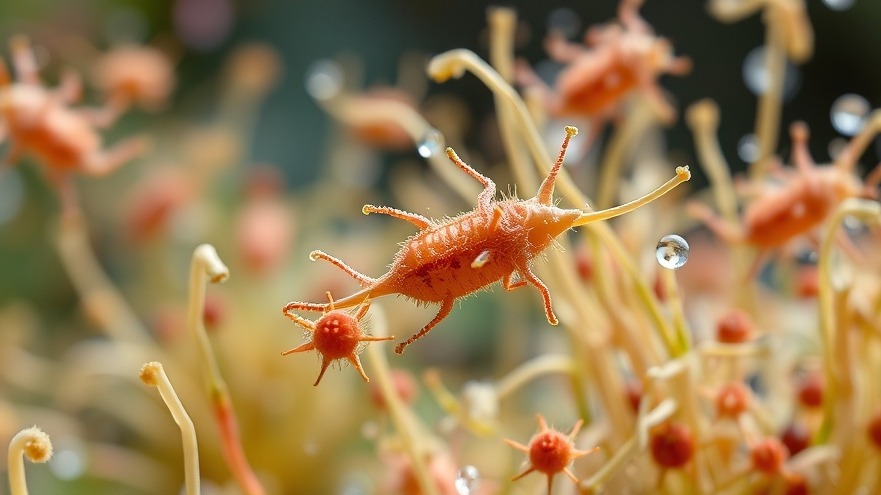
Could Your Dishwasher Be a Hidden Goldmine of Extremophiles?
When you think about what might be lurking in your dishwasher, your mind likely wanders to food particles and grime. However, scientists are urging us to look beyond the surface. It turns out that this common household appliance could actually harbor extraordinary organisms known as extremophiles. These tiny wonders thrive in demanding conditions, and they might even hold the key to solving some of our planet's most pressing issues.
The Marvels of Extremophiles
Extremophiles have adapted to survive in some of the most challenging environments on Earth—from the fiery depths of volcanoes to the frigid expanses of Antarctica. They possess unique traits, such as the ability to consume carbon dioxide and break down harmful substances, which scientists are now exploring for potential applications in environmental cleanup. For example, one notable discovery is a strain of cyanobacteria called “Chonkus,” which has shown promise for carbon sequestration due to its capacity to absorb carbon dioxide swiftly.
Join the Search: Citizen Science Meets Household Cleaning
Researchers, led by microbiologist James Henriksen at Colorado State University, are inviting everyone to participate in their project, The Extremophile Campaign: In Your Home. If you notice anything unusual in your dishwasher—such as slime, crusty mats, or stringy substances—scientists want you to catalog your finds. The campaign not only encourages citizen science; it empowers everyday people to contribute to vital research.
What You Can Look For
Be on the lookout for communities of microbes, particularly in areas with varying temperatures and moisture levels. Places that seem unsuitable for life often become homes for these resilient organisms. By observing and documenting these microhabitats, you could help identify new species that might otherwise remain hidden!
The Science Behind the Discovery
By participating in this initiative, you can utilize the tools provided by the researchers to collect samples for DNA sequencing. Henriksen shares that the team has already discovered new species flourishing in peculiar environments, suggesting that your dishwasher might just be the starting point for an important discovery. Once samples are collected, they could contribute to groundbreaking studies about our ecosystem and how we can influence it positively.
Why This Matters to You and the Environment
Understanding extremophiles and encouraging their research has broader implications for environmental health. These organisms can play significant roles in mitigating pollution and helping manage climate change. By learning more about how they interact with harsh environments, we can harness their potential for not just cleaning up our messes but also improving the health of our planet.
Conclusion: Make a Difference From Your Home
So, the next time you’re scrubbing out your dishwasher, think about what valuable secrets could be lurking behind the grime. You could be participating in a significant scientific discovery without stepping beyond your threshold. This initiative is not just about cleaning; it’s about being proactive in our health and wellness and contributing positively to our environment. Let’s embrace the curiosity of what lies hidden and take charge of what we can uncover together!
 Add Row
Add Row  Add
Add 




Write A Comment